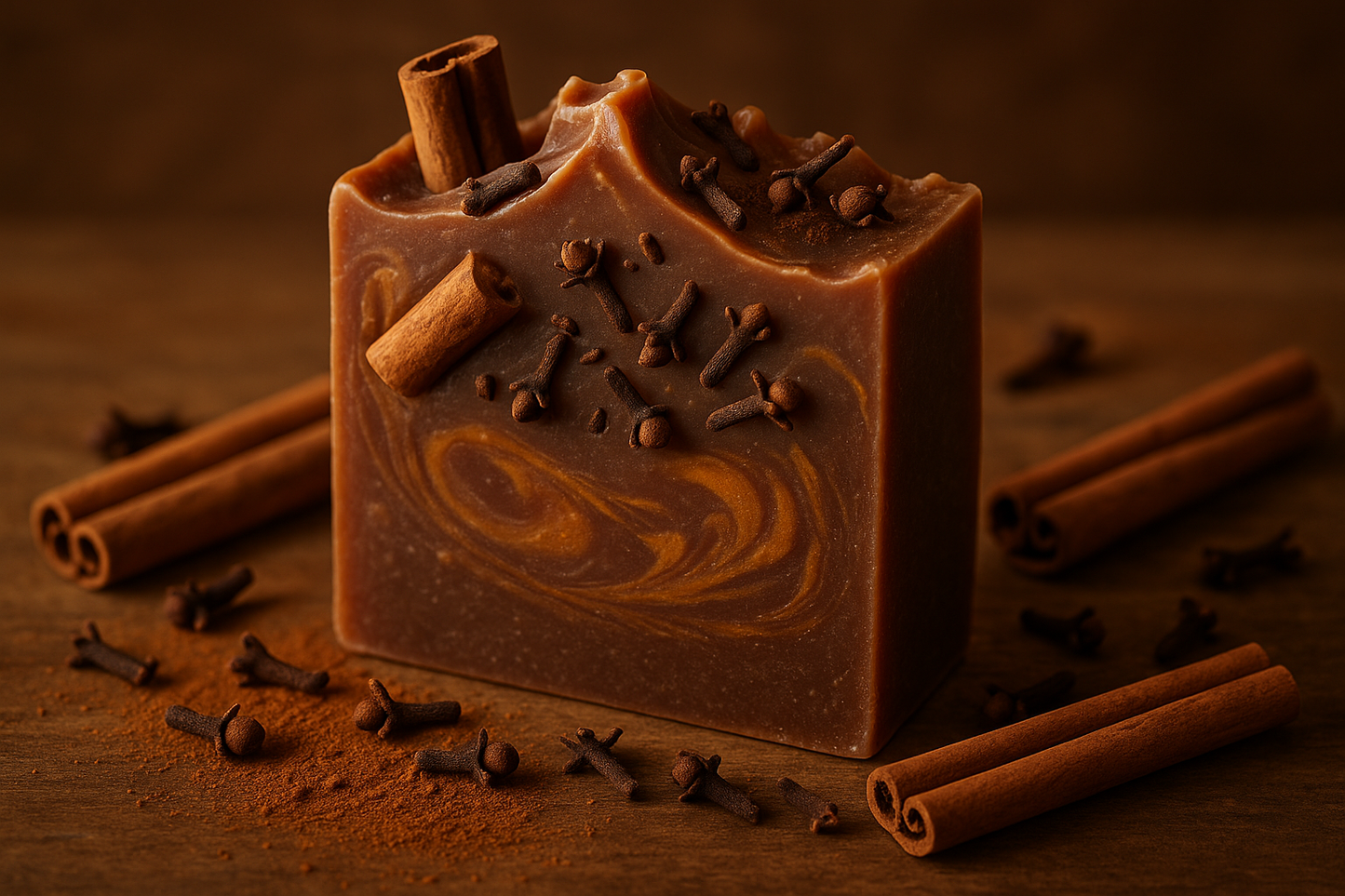1
/
of
1
Essential Home Solutions Inc
Ceylon Cinn. (Absolute legend)
Ceylon Cinn. (Absolute legend)
Regular price
$12.12 USD
Regular price
$15.15 USD
Sale price
$12.12 USD
Unit price
/
per
Couldn't load pickup availability
Ceylon cinnamon (also known as "true cinnamon") is often touted for its skin benefits, primarily due to its potential antioxidant, anti-inflammatory, and antimicrobial properties.
Here's a breakdown of the reported skin benefits:
1. Fights acne and blemishes
- Antimicrobial properties: Ceylon cinnamon helps combat bacteria like Propionibacterium acnes, a common cause of acne.
- Anti-inflammatory effects: Can reduce the redness and swelling associated with breakouts.
- Oil regulation: May help balance sebum production, reducing the likelihood of clogged pores and acne.
2. Reduces signs of aging
- Antioxidants: Ceylon cinnamon is a rich source of antioxidants, which neutralize free radicals that damage skin cells and contribute to wrinkles, fine lines, and loss of elasticity.
- Collagen production: Research suggests that Ceylon cinnamon extract may stimulate collagen synthesis, improving skin elasticity and potentially reducing the appearance of wrinkles.
- Enhanced blood flow: Improves circulation and oxygen delivery to skin cells, contributing to a healthier and more youthful appearance.
3. Promotes skin glow and radiance
- Increased blood circulation: Ceylon cinnamon can enhance blood flow and oxygen supply to the skin, potentially leading to a more radiant complexion.
- Exfoliation: May help remove dead skin cells, further revealing smoother, brighter skin.
4. Alleviates inflammation and irritation
- Anti-inflammatory properties: Ceylon cinnamon contains compounds that can soothe irritated skin and reduce redness associated with conditions like eczema, rosacea, and dermatitis.
- May aid in eczema treatment: Some suggest that a mixture of cinnamon powder and honey can provide relief from eczema symptoms.
5. Prevents skin infections
- Antimicrobial properties: Ceylon cinnamon can protect against certain fungal and bacterial skin infections, such as athlete's foot and ringworm.
6. Hydrates and moisturizes
- Improved blood flow: Enhances circulation to the skin's surface, which can lead to increased hydration.
- May be beneficial for dry skin: Some sources suggest cinnamon can help remove dead skin cells and restore skin softness, according to Hindustan Times.
Important considerations
- Ceylon vs. Cassia Cinnamon: Ceylon cinnamon is generally preferred for skin applications due to its lower coumarin content compared to Cassia cinnamon, which is the most common variety sold in grocery stores. Coumarin can be harmful in large doses, particularly for those with liver problems.
- Topical application: While some individuals use cinnamon in homemade skincare remedies (like masks and scrubs), it can be irritating to the skin, especially when applied directly or in high concentrations.
- Commercial products: Cinnamon is rarely found in commercial skincare products due to its potential to irritate the skin. If you do try a product containing cinnamon, perform a patch test first.
- Patch Testing: It's always recommended to perform a patch test on a small area of skin before applying any cinnamon-based product or homemade remedy to your face or other large areas, to check for potential irritation or allergic reactions.
- Further research needed: While promising, much of the research on cinnamon's skin benefits involves in vitro (test tube) or animal studies, and more human clinical trials are needed to confirm these findings and establish recommended dosages and application methods.
In conclusion, Ceylon cinnamon appears to hold potential benefits for skin health, primarily due to its antioxidant, anti-inflammatory, and antimicrobial properties. However, caution is advised when applying it topically, and it's essential to consult with a dermatologist or healthcare professional if you have concerns about using cinnamon for specific skin conditions or if you experience any adverse reactions.
Share

